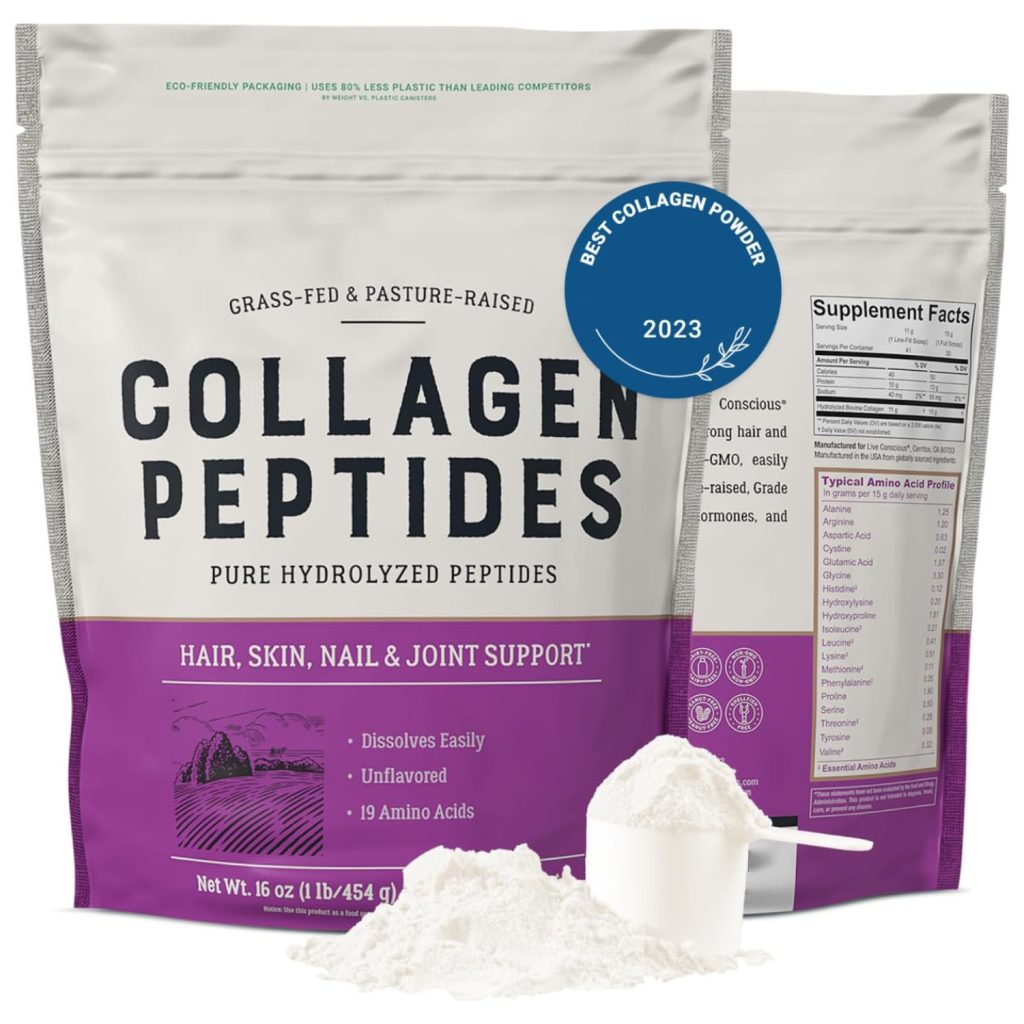The Power of Protein: Comparing Whey vs. Plant-Based Protein for Your Workout
Introduction
Choosing the right protein supplement is crucial for optimizing workout results and achieving fitness goals. Protein aids in muscle repair, growth, and overall performance, but with various options available, it’s important to understand which type best suits your needs. This article explores the benefits of whey protein and plant-based protein, helping you make an informed decision for your fitness regimen.
1. What is Whey Protein?
Whey protein is a high-quality protein derived from milk during the cheese-making process. It’s renowned for its complete amino acid profile and rapid absorption. Whey protein is available in three main forms: concentrate, isolate, and hydrolysate. Whey concentrate contains a lower percentage of protein (70-80%) and more fats and carbohydrates, while whey isolate offers a higher protein content (90% or more) with minimal fats and carbs. Hydrolysate is pre-digested for faster absorption. This makes whey protein a favorite among athletes for its efficiency in supporting muscle recovery and growth.
2. What is Plant-Based Protein?
Plant-based protein comes from various sources, including peas, rice, hemp, and soy. Unlike animal-based proteins, plant-based options cater to vegetarians and vegans, and are often praised for their digestibility and additional nutritional benefits. These proteins can be found in single-source forms or blends to ensure a complete amino acid profile. Plant-based proteins also offer antioxidants and fiber, contributing to overall health and wellness.
3. Benefits of Whey Protein
Whey protein stands out for its high biological value, meaning it is easily absorbed and utilized by the body. Its rapid digestion promotes muscle protein synthesis and aids in faster recovery. Additionally, whey protein supports immune function due to its rich content of immunoglobulins and lactoferrin. It is particularly effective for those looking to build lean muscle mass and improve workout performance.
4. Benefits of Plant-Based Protein
Plant-based protein is ideal for those who follow vegetarian or vegan diets. It provides a complete amino acid profile, especially when blended from multiple sources. Plant proteins are generally easier on the digestive system, reducing the likelihood of gastrointestinal issues. They also offer additional health benefits, such as antioxidants and fiber, which can support overall well-being and digestion.
5. Whey Protein vs. Plant-Based Protein: Nutritional Comparison
When comparing whey and plant-based proteins, whey typically provides a higher protein concentration and faster absorption. However, plant-based proteins are less likely to cause digestive discomfort and offer additional nutrients. Both types of protein can be effective, but the choice depends on dietary preferences, digestion tolerance, and specific health goals.
6. Performance and Recovery: Which Protein is Better?
Whey protein is often favored for its ability to quickly aid muscle recovery and enhance performance due to its rapid digestion and high leucine content, which stimulates muscle protein synthesis. Plant-based proteins, while effective, may have slightly slower absorption rates but still support muscle recovery and overall fitness goals, particularly when used in combination with other plant proteins.
7. Digestibility and Tolerance
Whey protein, especially in concentrate form, can sometimes cause digestive issues such as bloating or discomfort. Plant-based proteins are generally easier to digest and less likely to cause these issues, making them a suitable alternative for those with lactose intolerance or sensitive stomachs.
8. Environmental Impact
From an environmental perspective, plant-based proteins typically have a lower ecological footprint compared to whey protein. Plant protein production generally requires fewer resources and produces less greenhouse gas emissions. For those committed to sustainability, plant-based options align more closely with eco-friendly practices.
9. Cost and Accessibility
Whey protein is often more affordable and widely available compared to some plant-based proteins. However, plant-based options are increasingly becoming more accessible and competitively priced. Cost can be a consideration, but both types of protein are valuable for different reasons and can fit various budgets.
10. Conclusion
In conclusion, both whey and plant-based proteins have their unique benefits. Whey protein excels in rapid absorption and muscle recovery, while plant-based proteins offer a digestible, eco-friendly alternative with additional health benefits. The choice between the two should be based on dietary preferences, digestion tolerance, and specific fitness goals.

